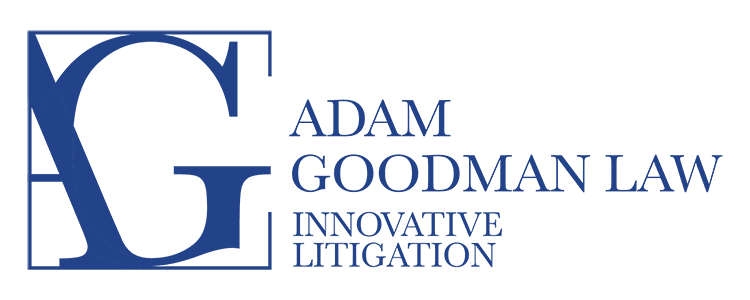While shopping chaos is ensuing at retailers across the country, it is inevitable that theft charges will be laid against those who make the decision to take merchandise without paying for it. The charges laid will typically be theft under and/or possession of property obtained by crime. While taking items from a store is generally refered to as shoplifting, there is actually no charge by that name in the Criminal Code.
The vast majority of those arrested in these situations will be released by police on a summons (the actual document is a little yellow ticket that looks very much life a traffic ticket). The summons will contain a court date as well as a date to appear at the police station for photos and fingerprints. It is important for those charged to appear for both these dates or they could be charged with additional offences. A lawyer can be hired to appear in court on behalf of someone charged (they would still need to appear for pictures and prints).
In a large number of cases the Crown will offer those charged with shoplifting-related offences the opportunity to complete a program called diversion (also known as direct accountability). The decision to offer diversion falls solely in the hands of the Crown Attorney. A major factor the Crown will consider whether one has been charged before. A large number of those charged with shoplifting-related offences have never been charged before; often they are people who made a poor decision and regret this choice. While it is still possible to be offered diversion if one has been charged in the past, it can serve as a barrier. Other factors include the value of the items taken and the circumstances of the offence.
There is no standard diversion program. In Toronto, those who enter the program will meet with a diversion worker who will set-up some type of program. This can include one or a combination of the following:
- Charitable donation.
- Community service hours.
- Completion of a course about shoplifting.
- Letter of apology.
- Any other task deemed appropriate by the Crown or diversion worker.
Once the required tasks are complete, the Crown will withdraw or stay the charges. This means that there will be criminal record or finding of guilt. Once this is done, it is possible to make an application to the police force who made the arrest to have pictures and fingerprints destroyed.
The decision to enter diversion is an individual one. While diversion can be a simple way to move on quickly from being arrested and charged, there is no obligation to accept the Crown’s offer and enter the program. Some refuse the offer (particularly in cases where they must make an admission of wrongdoing and are factually innocent of the offence). Like any criminal offence, an individual charged has the absolute right to have a trial. For those who refuse (and those who don’t complete the requirements of the program and have the offer withdrawn), the case will proceed through the system in the same manner as other criminal charges.
One common question is whether one needs a lawyer when they will likely be offered diversion. This is an individual choice one must make. A lawyer offers peace of mind, but can carry a hefty price-tag. Where a lawyer can be most helpful is in cases where the Crown has refused to offer diversion. In such a case a lawyer can conduct a pre-trial with the Crown to see if they would reconsider the decision. I blogged about the ethics involved in accepting diversion clients here.
Many stores have engaged in a process called civil recovery. Essentially this involves threatening a lawsuit against those charged with shoplifting as a means of recovering inventory losses and security expenses. I blogged about this process here.
For more information on my criminal law practice, click here.


